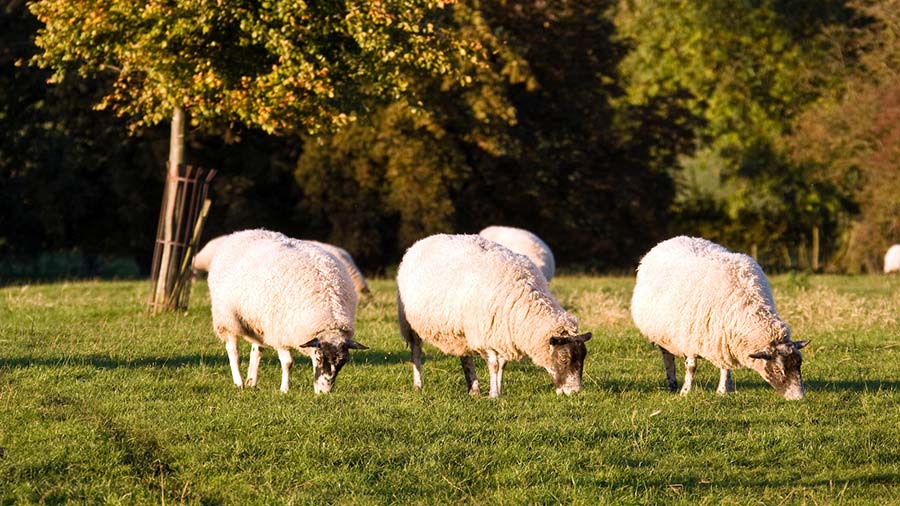Farmers say questions remain over private green finance strategy
 © Tim Scrivener
© Tim Scrivener Farmers who were invited to 10 Downing St for a summit to explore private sector green finance opportunities have warned the government this must work alongside sustainable food production.
The first Nature For Finance event on Monday 19 June brought together farmers, land managers, investors and conservation experts.
Defra secretary Therese Coffey started the event with an introduction mentioning the 2023 Green Finance Strategy and the Nature Markets Framework, which outline government plans to scale up private investment and nature recovery and sustainable farming.
See also: Defra seeks to unlock more private finance for public goods
The UK government has set a goal to grow annual private investment flows to nature to at least £500m every year by 2027 in England, rising to more than £1bn by 2030.
At the event, Ms Coffey announced the government’s intention to launch an additional round of the Natural Environment Investment Readiness Fund (NEIRF) later this year to help farmers address barriers to accessing private investment to help nature’s recovery.
This round will focus specifically on the farming sector, helping farmers to come together at a landscape scale to combine their offer to investors, and enabling more types of farmer to access and benefit from nature markets.
“Food production and enhancing the environment go hand in hand,” said Ms Coffey. “We must continue to support farmers to keep our nation fed while also safeguarding the valuable biodiversity and landscapes we rely on.”
Farmer reaction
Speaking to Farmers Weekly afterwards, farming attendees warned private green finance schemes must not come at the expense of sustainable food production.
NFU president Minette Batters said: “Development in private green finance is an important element of British farming’s climate and environmental ambitions, but it has to work in harmony with sustainable, profitable food production.
“Otherwise we risk reducing climate and environmentally-friendly food production here and simply offshoring production abroad.
“Yet there was next to no mention of how this would work with productive farming. Nor did it allow any attendees, including myself and a number of other farmers, the chance to ask questions.”
Buckinghamshire beef and arable farmer Richard Heady said: “I’m not against carbon credits or biodiversity net gain, but I would like to see this done alongside food production, in the right places and improving the habitat we have on farm, and as a method of improving soils, not by planting large areas of the countryside into wildflowers or trees.”
